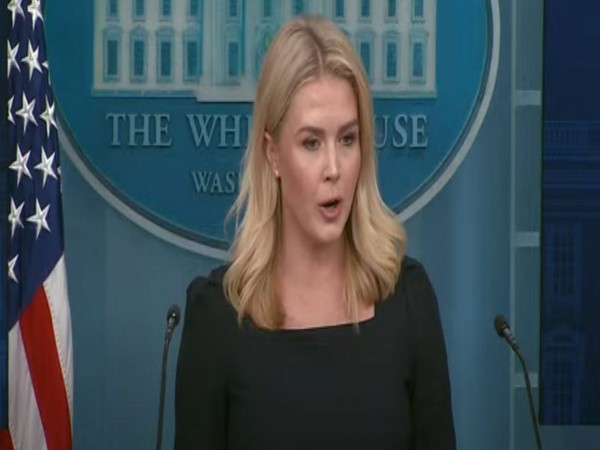Intra-Afghan talks continue but Taliban has failed to change its ways
Jan 06, 2021

Washington [US], January 6 : As the negotiations between the Afghanistan government and Taliban resumed several American policymakers have opined that the Taliban has changed but the Afghans have a different argument that the Taliban still believes in its "medieval, totalitarian, and dogmatic ideologies".
According to an article titled 'Taliban 2.0. - Have the Taliban really changed and learnt their lesson' by Tamim Asey published in Atlantic Council, the Afghan people are experiencing two realities on the ground in Afghanistan -- new Afghanistan, that is supported by almost two decades of US and Western support and newly emboldened Taliban, with their sympathizers and regional supporters who believe that they have finally prevailed and are on the verge of military and political victory.
While several Afghans believe that Taliban "still hold to their medieval, totalitarian, and dogmatic ideologies", the people in the American diplomatic and foreign policy intellectuals and some of the US' Western allies have opined that Taliban "have in fact changed, having learnt the important lessons during these years of war".
Citing the reasons for the Americans' belief, Asey has said, "This American premise of a changed Taliban is based on a number of converging interests and developments. Chief among these are the military stalemate of the Afghan conflict and the United States' rush to exit Afghanistan. This view is also influenced by the negotiating skills of the group's political office in Doha during the US-Taliban talks, their quick adaptation of tools like social media, drones, and other technological innovations to pursue their political and military ends, and finally, their media savvy spokespersons."
It is interesting to note here that in the 1990s the Taliban had earlier marked the technological innovations as un-Islamic.
The Americans view that with the Taliban adapting to the changes they will be able to bring in the change in their "ideology, political approach, and military strategy that will transform the Taliban from a military force into an acceptable and legitimate political movement able to play by the script of democracy and which, importantly, will no longer present a threat to the United States and the West".
Atlantic Council quoted US Special Envoy for Peace Zalmay Khalilzad as saying in several of his interviews with local Afghan TV channels that the Taliban have changed and have acknowledged their past mistakes with women's education, their relations with the world, and in harboring of terror groups.
Meanwhile, as per the Afghans, the Americans' belief in re-educating and "legitimizing of a brutal force" to make the Taliban ready for governance will fail as the Taliban is of the opinion that it has "finally prevailed over the United States, NATO, and its Western allies".
The intra-Afghan talks being held in Doha have indicated that the "Taliban have not changed in critical ways, as their team did not include women or minorities and they implicitly objected to "Fiq Jaffari" (the Shia interpretation of Islamic jurisprudence)".
While concluding the article, the author has opined that the Taliban has "failed to spell out a specific vision for the future of Afghanistan, and are once again unable to present a program for governance, service delivery, or maintenance of rule of law".



















